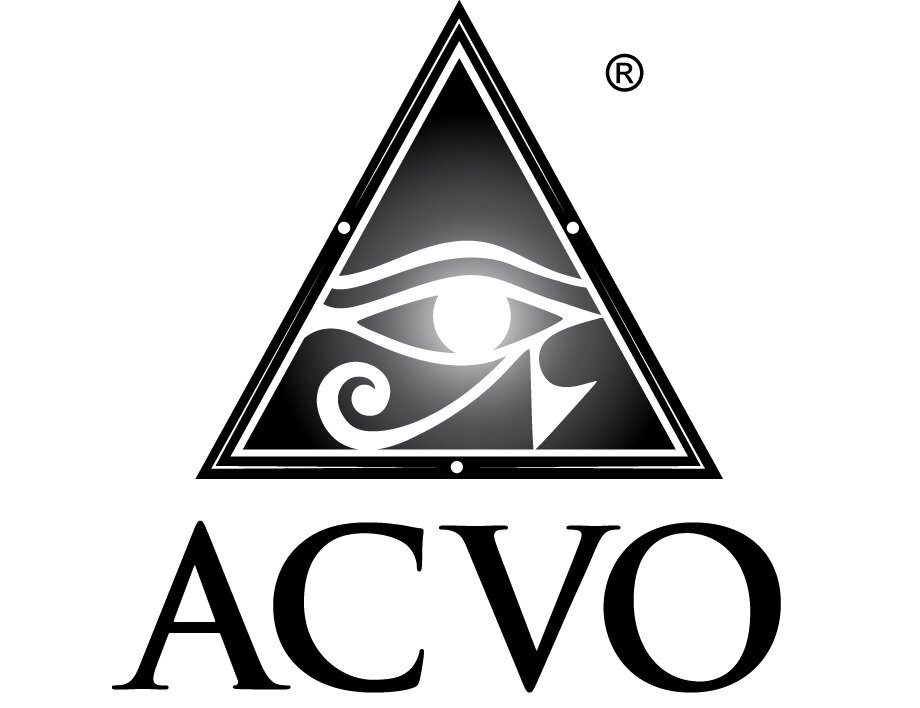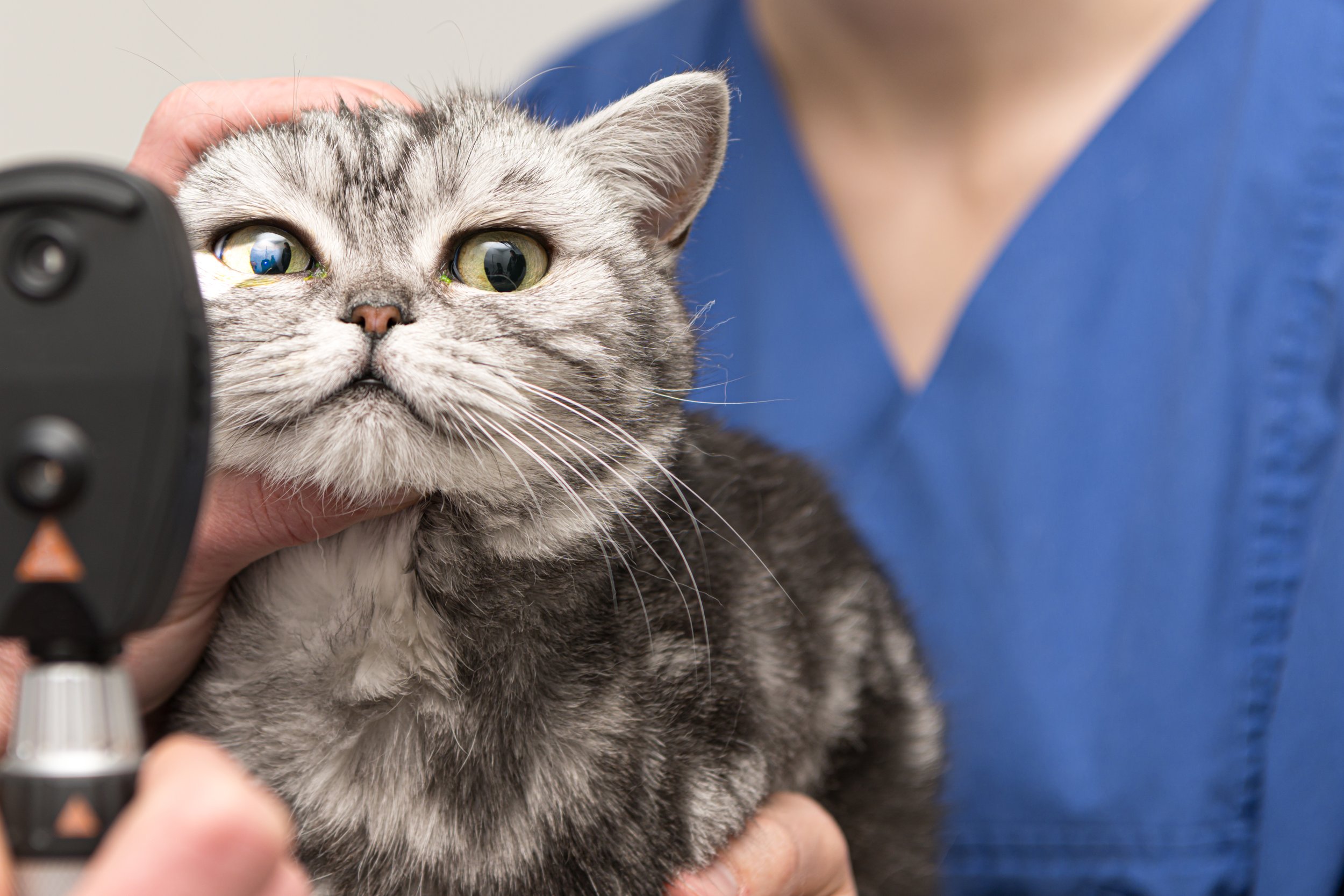Veterinary Ophthalmology Technicians
A Crucial Part of the Veterinary Ophthalmology Care Team—Veterinary Ophthalmology Technicians and the Rise of Ophthalmology Technician Specialists
Just as the overall field of veterinary medicine continues to advance, the field of ophthalmology has grown vastly in recent years. The technologies and treatment options for our pet’s ocular health and comfort are expanding exponentially with new research, better understanding of disease processes, new pharmaceuticals, and development of new microsurgical techniques and equipment.
Even in the face of all of these knowledge and equipment changes, one of the most crucial aspects to our patients care that remains unchanged is the hands-on knowledge and skills of quality technician care. Just as human physicians rely on the skills of their nursing teams, so it is with veterinary ophthalmologists relying on their technician staff’s skills to help in recognition of disease, handling of our patients compassionately and safely, aiding in treatment and overall care, and excellent client communication.
Due to a growing interest among veterinary technicians to attain a higher level of recognition for advanced knowledge and skills in specific disciplines, the National Association of Veterinary Technicians of America developed the Committee on Veterinary Technician Specialties (CVTS). This committee provides a standardized list of criteria and assistance for societies interested in attaining Academy (Specialty) status. The NAVTA CVTS was formed in 1994 and is recognized by the American Veterinary Medical Association. It provides pathways for skilled technicians to be awarded the designation of Veterinary Technician Specialist (VTS) in their specific discipline. More about the history of NAVTA can be found at www.NAVTA.net.
After many years of work by many dedicated pioneers in the ophthalmology technician field, NAVTA recognized the Academy of Veterinary Ophthalmic Technicians as the 13th technician specialty in 2016. There are currently 16 technician specialty academies recognized by NAVTA in various disciplines.
A Veterinary Technician Specialist (VTS) is a technician that has completed a formal process of education, training, experience, and testing in a specific specialty to attain a higher level of recognition with advanced knowledge and skills. They have shown mastery of their skills and knowledge in their field, in this case the field of ophthalmology. Mastery is defined as “consistently being able to perform with great skill and/or knowledge without being coached or directed.” A technician who obtains Veterinary Ophthalmology Technician Specialty status has shown a special interest in skills and studies in the field of Veterinary Ophthalmology.
Academy of Veterinary Ophthalmology Technician (AVOT) specialists work closely with Diplomates of the American College of Veterinary Ophthalmologists and can be found in private practices, multi-specialty practices, and university/academia. They have many responsibilities including, but not limited to, assisting ophthalmologists with ocular exams, performing and/or assisting with diagnostic testing, performing and assisting with anesthesia, handling ophthalmic instrumentation and equipment care, and generalized patient assessment and care activities such as monitoring patient vitals, medication administration, pain management, phlebotomy, IV catheter placement, and generalized hospitalization care. Due to the on-going advancements in veterinary ophthalmology, continuing education is essential and AVOT Specialists are required to maintain 50 hours of continuing education every 5 years to maintain their specialist status in the veterinary technician community.
As you can see, the care of your pet’s ocular health is of utmost importance and the level of knowledge, dedication, compassion, and professionalism is unsurpassed when visiting with a veterinary ophthalmologist and his or her staff.

